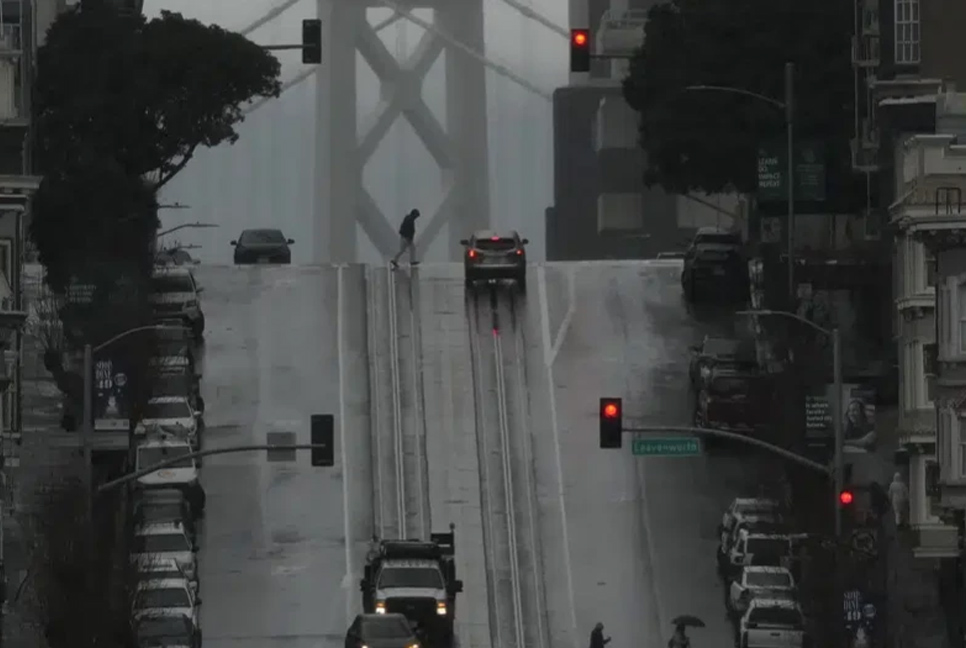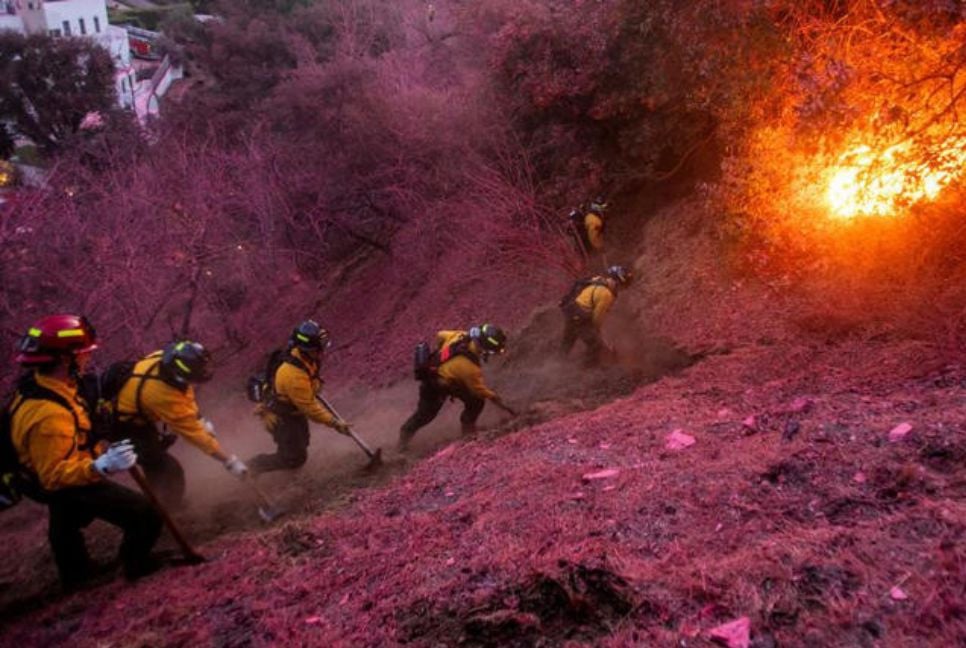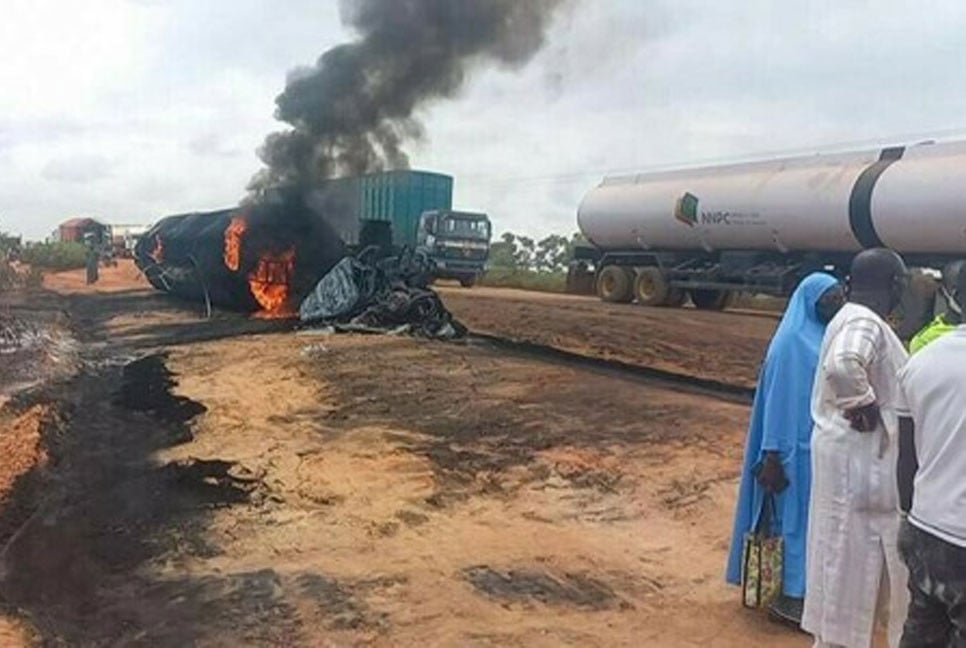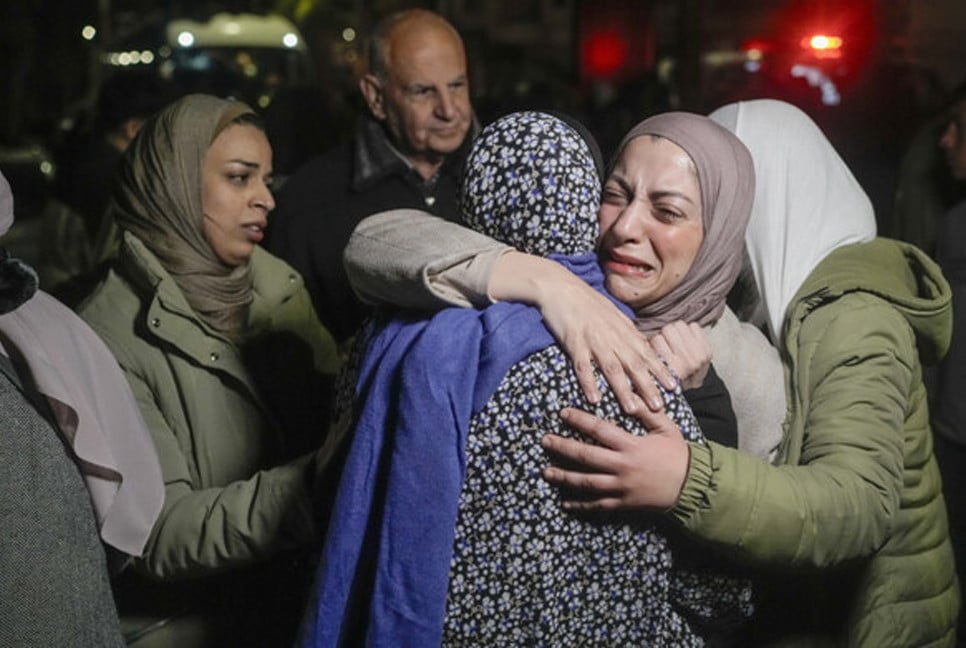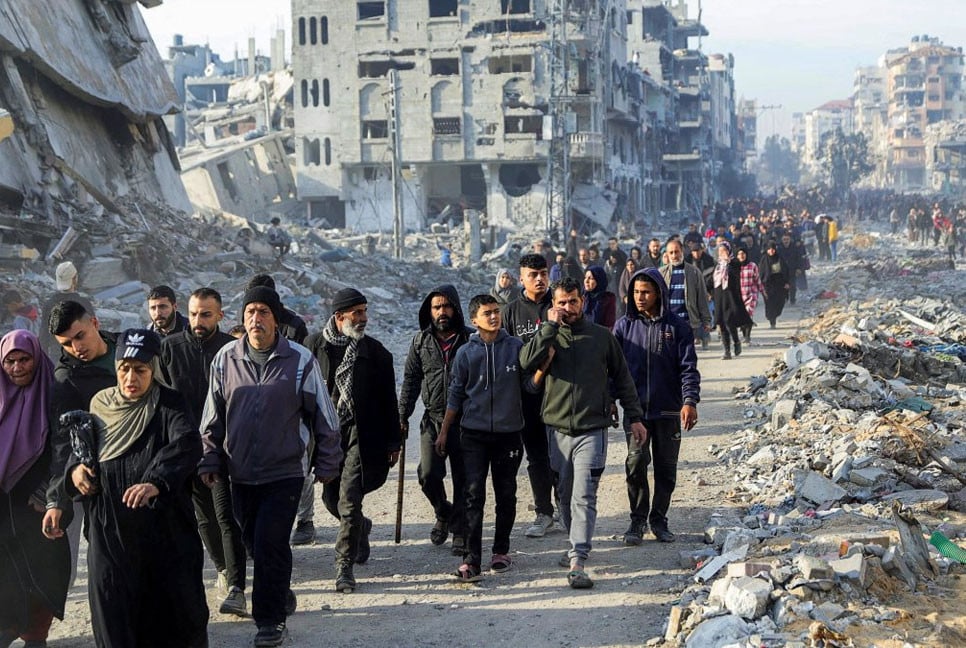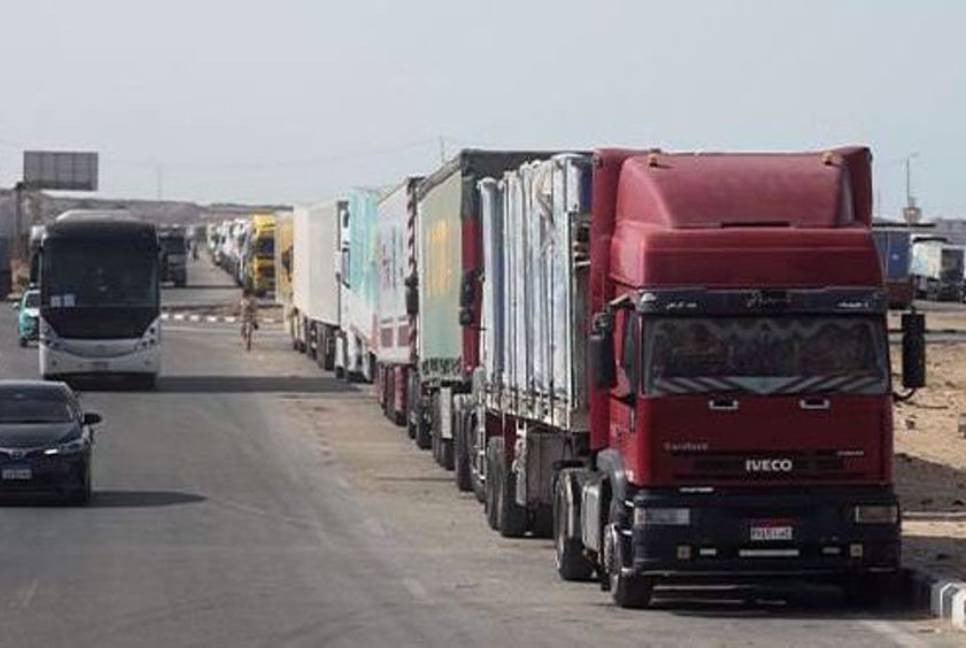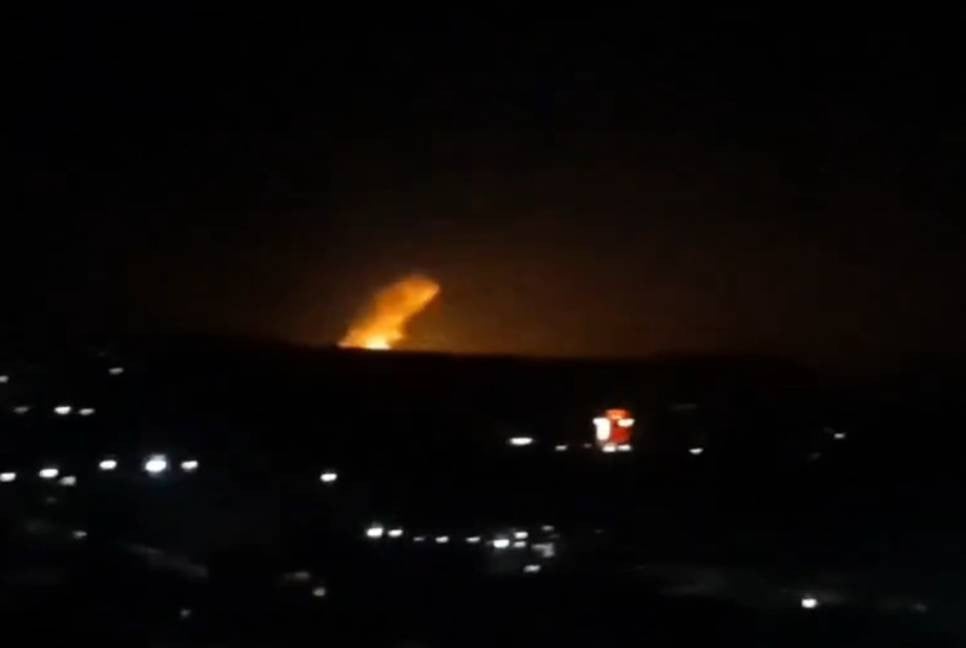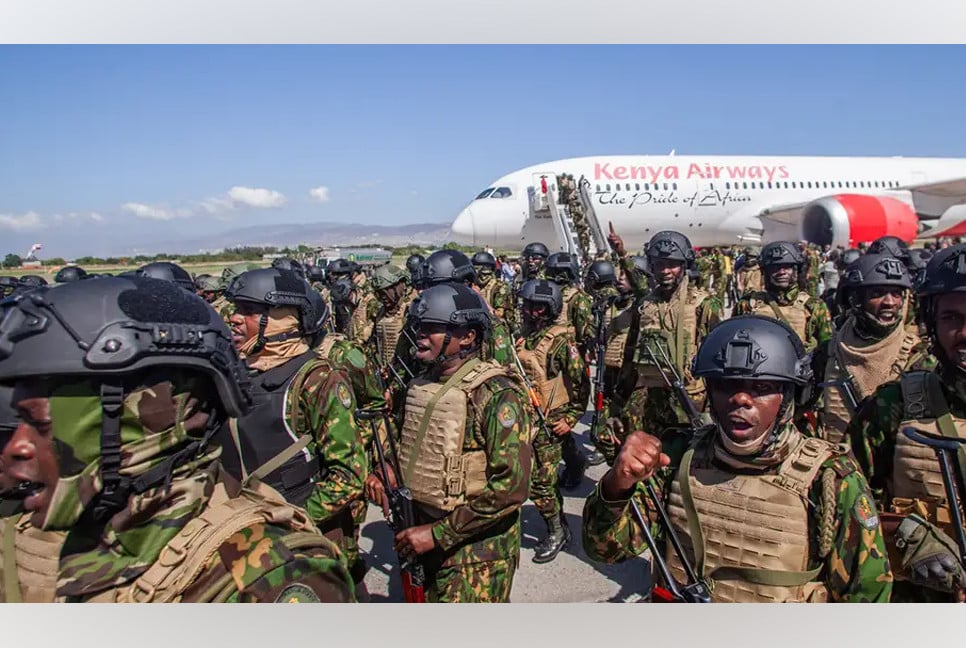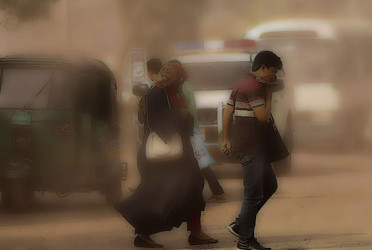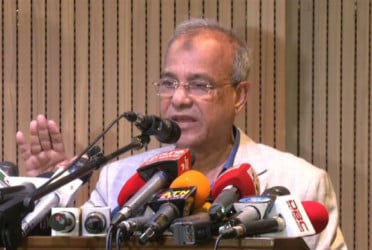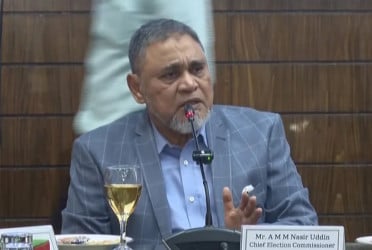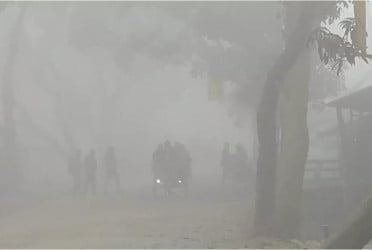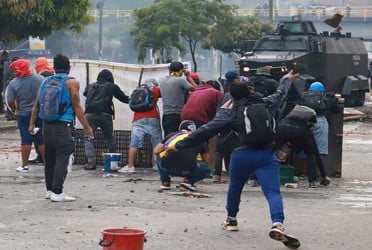Heavy snow and rain pounded California and other parts of the West on Friday in the nation's latest winter storm, while tens of thousands of people in Michigan suffered in freezing temperatures days after one of the worst ice storms in decades caused widespread power outages, reports UNB.
The winter storms have blacked out nearly 1 million homes and businesses from coast to coast, closed major roads, caused pileups on highways and snarled air travel. More than 1,200 flights were canceled and more than 17,000 were delayed Friday across the U.S., according to FlightAware.com.
The National Weather Service warned of a “cold and dangerous winter storm” that would last through Saturday in California. Blizzard warnings were posted in the Sierra Nevada and Southern California mountain ranges, where as much as 5 feet (1.5 meters) of snow was expected. Temperatures could drop far below normal in the region, posing a special risk to homeless people.
“Simply put, this will be a historic event for the amount of snow over the higher peaks and lower elevation snow,” according to the regional weather office.
Interstate 5, the West Coast’s major north-south highway, was closed south of the Oregon border as snow fell to the floor of the Sacramento Valley and in a high mountain pass north of Los Angeles, where blizzard warnings were in effect. Avalanche warnings were posted in some areas, and flash flood warnings were issued for Los Angeles and nearby coastal areas until Friday night.
In Michigan, hundreds of thousands of people remained without power Friday after a storm earlier this week coated power lines, utility poles and branches with ice as thick as three-quarters of an inch. Gov. Gretchen Whitmer called Friday for more accountability on restoration efforts by the state’s two largest utilities.
Annemarie Rogers had been without power for a day and a half in Grosse Pointe Farms, Michigan. She sent two kids to stay with relatives and put extra blankets on the bed to try to keep warm.
“It’s kind of miserable,” she said. “We do have a gas fireplace that’s keeping us warm in one room. There’s some heat generating from the furnace, but with no electricity to the blower it’s not circulating well."
At one point, more than 820,000 customers in Michigan were in the dark. By Friday, that was down to under 600,000, most in the state's populous southeastern corner around Detroit. But promises of power restoration by Sunday, when low temperatures were expected to climb back above zero (minus 18 Celsius), were of little consolation.
“That’s four days without power in such weather," said Apurva Gokhale, of Walled Lake, Michigan. "It’s unthinkable.”
Tom Rankin said he and his wife were unable to reach his 100-year-old mother-in-law Friday morning by phone. The couple drove to her home in Bloomfield Township, Michigan, to find her in bed “with a whole lot of blankets,” Rankin said, adding they helped her to their car, planning to ride out the outage at another relative’s home.
“We’ve not had an ice storm in the last 50 years that has impacted our infrastructure like this,” said Trevor Lauer, president of Detroit-based DTE Electric.
At least three people have died in the storms. A Michigan firefighter died Wednesday after coming in contact with a downed power line, while in Rochester, Minnesota, a pedestrian died after being hit by a city-operated snowplow. Authorities in Portland, Oregon said a person died of hyperthermia.
Much of Portland was shut down with icy roads not expected to thaw until Saturday after the city’s second-heaviest snowfall on record this week — nearly 11 inches.
Bd-pratidin English/Tanvir Raihan

